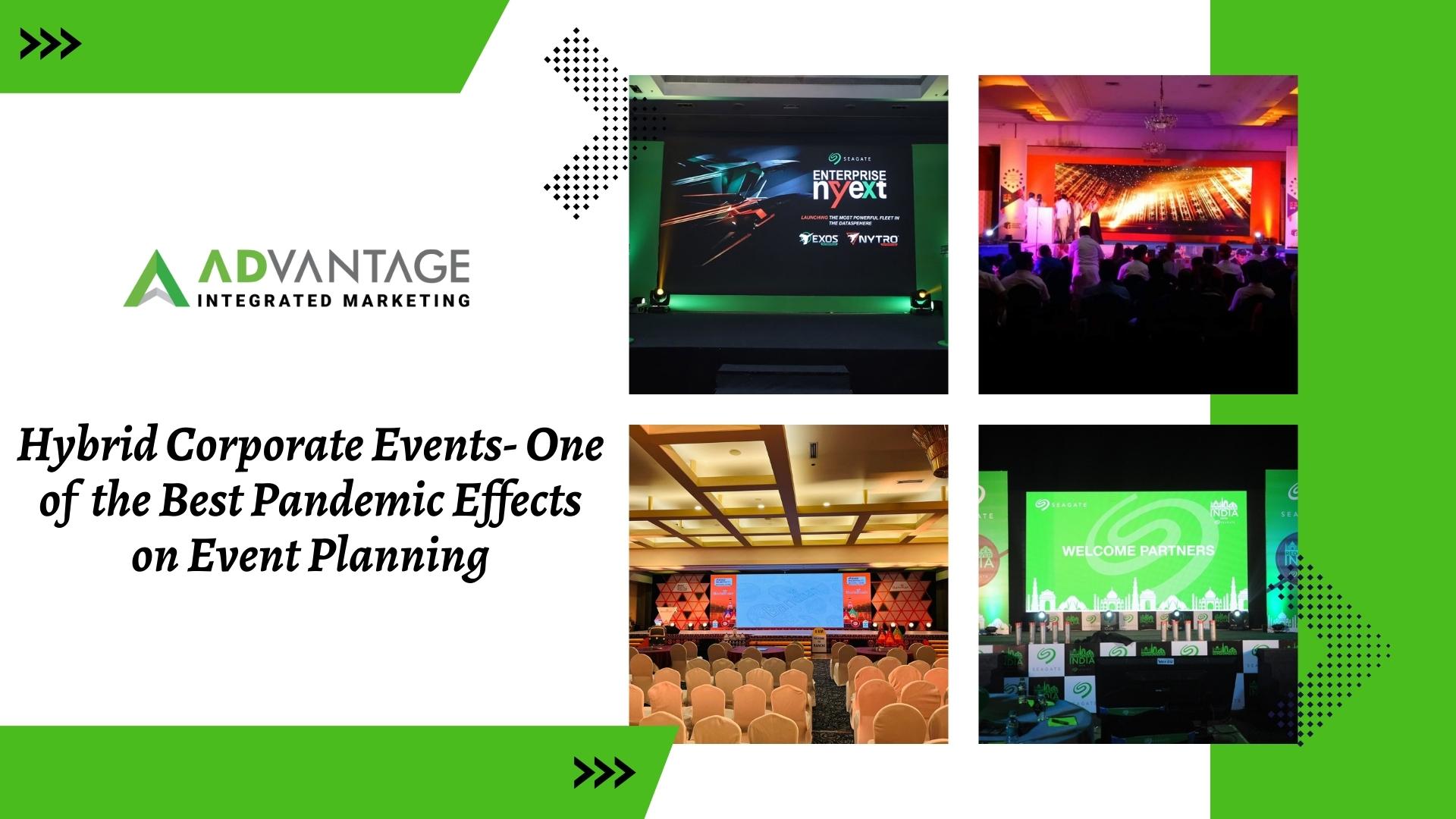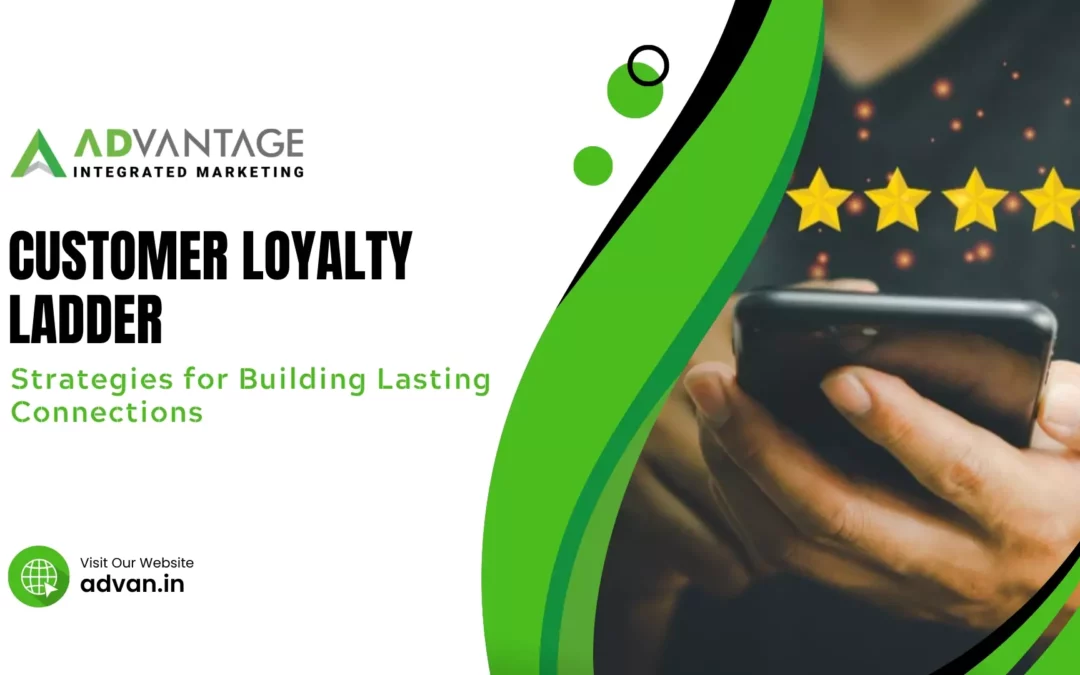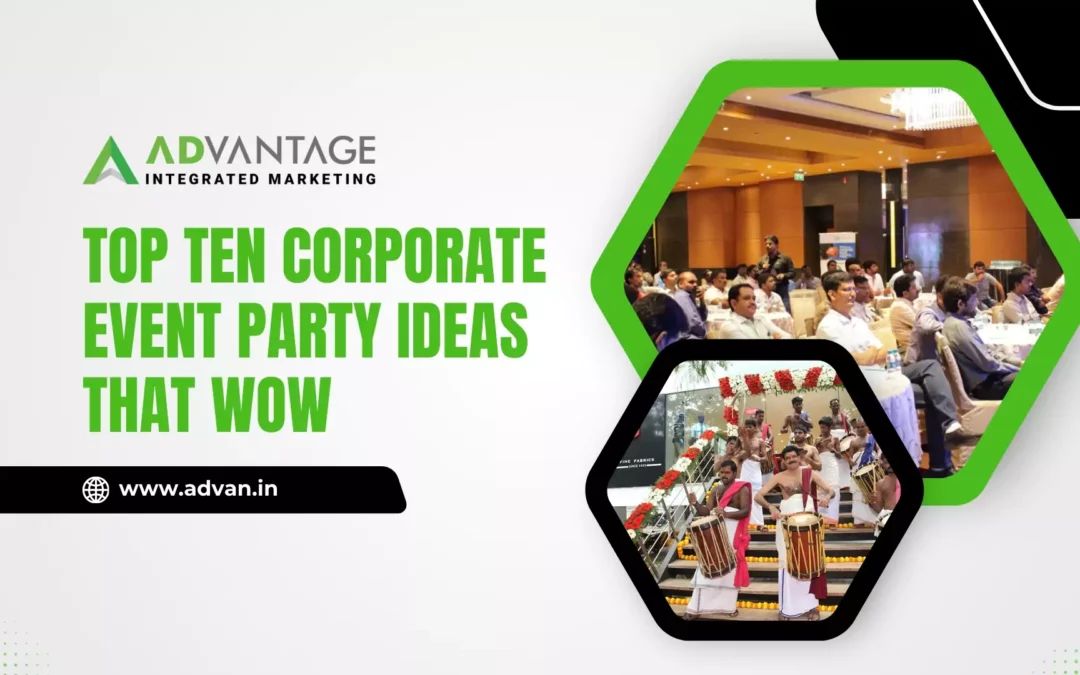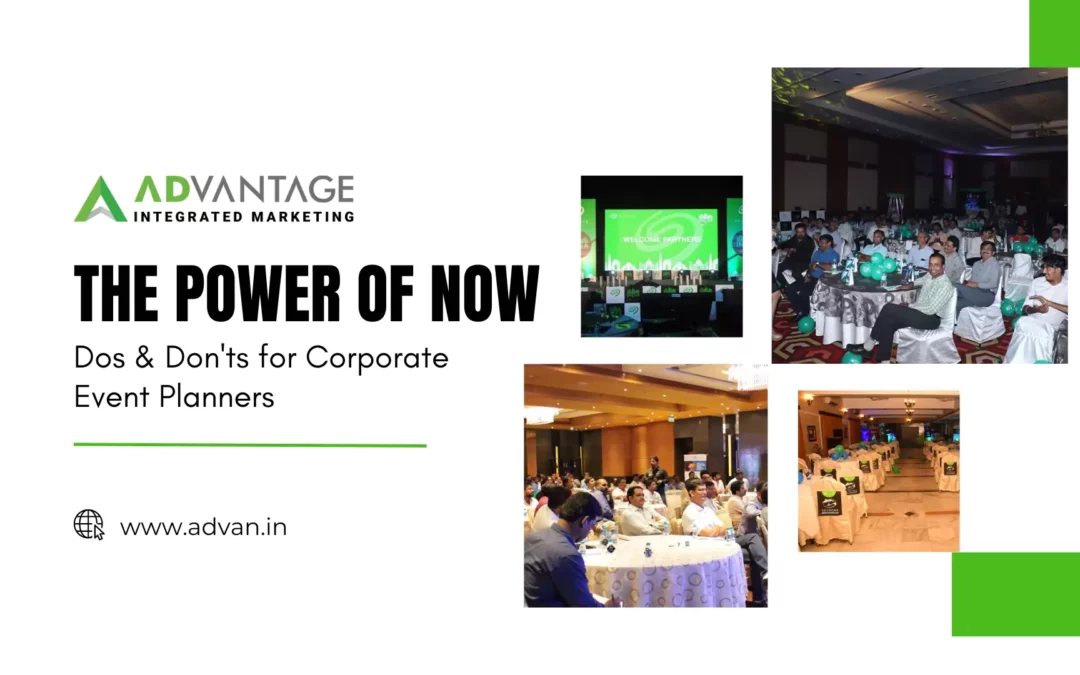Many previously booming industries have seen severe revenue losses and growth slowdowns as a result of the COVID-19 pandemic. Corporate events were one among those most severely impacted by the pandemic.
In an effort to stop the virus’s spread, numerous conferences, dealer’s meets, tradeshows, and other major corporate events were postponed in 2020. The second disastrous wave struck and disrupted everyone’s plans across all businesses, including those in the event business, just as everyone thought things were returning to normal.
The events sector pushed itself hard by fast switching to virtual events in response to the rising COVID incidents. Corporates began using the web to organize corporate events like virtual team-building events, award functions and training programmes to communicate with their people.
This blog will explore hybrid corporate events, which straddle in between traditional and virtual events, the scope of these events as well as hybrid corporate event planning.
Are you looking for a colourful, yet stunning hybrid concept in your upcoming corporate event? Let’s make your dream a reality. Contact AD Vantage for budget-friendly event planning.
What are hybrid corporate events?
Hybrid events combine elements of both live and virtual events. One is entirely virtual (online), another is only physical (in-person), and hybrid evets offer a combination of both. Let’s check out some of the hybrid event examples.
- Hybrid Summits and Conferences
- Hybrid Networking Events
- Hybrid Trade Shows, Expos
- Hybrid Product Launches and Virtual Celebrations
- Hybrid Workshops
- Hybrid Celebration Events
- Hybrid Internal Training and Onboarding
When huge businesses want to gather their core audiences or employees for an event but it is not feasible for everyone to meet in person, they are most frequently used to good effect. The best of both worlds are offered by hybrid events, where onsite and online attendees could take part in the event.
The live audience gets to experience a high-touch VIP event with delicious food, magnificent décor, and in-person interactions. Your online audience may easily access your content, communicate with speakers, and establish new connections from anywhere.
With the appropriate technology, you can synchronize the content and engagement elements so that attendees in person and online may share a common experience. Virtual and live participants might frequently take part in the same session at the same time.
How do you create a hybrid event?
A hybrid corporate event is never
- A live broadcasted physical event
- A physical occasion with a virtual add-on
- An internet gathering
- A live event with on-demand content
- Multiple concurrent events with various audiences and content
Creating your event strategy is the key to any hybrid event plan, just like in a regular corporate event. Be certain of your motivations for creating a hybrid experience as well as the objectives and key performance indicators (KPIs) you hope to accomplish.
Frame the budget as per your goals and event requirements. It will be easier for you to create the agenda and establish requirements for the in-person venue and hybrid event platform if you are aware of the location, aims, and objectives of your audience.
Pick a distinct theme, and center your program around it. It is advisable to consider how your internet audience can engage. Think about whether any sponsors might want to promote or interact with guests in the space.
Hybrid events should appeal to both online and offline attendees, while also fostering connections between them. Polls, polls, and Q&A sessions help keep an eclectic audience interested.
Hybrid events may quickly spiral out of control financially, so search for equipment that you can rent and make sure you can record everything for future marketing purposes. You must ensure you have the necessary technology to make your event’s virtual components truly engaging.
What are the different types of hybrid events?
Simultaneous Events
It includes simultaneous attendance by live and virtual audiences at the event as well as easy audience interaction.
Live Studio Audience Events
Live studio audience events are streamed to a larger virtual audience while speakers deliver their speeches to a smaller studio audience.
On-demand Events
On-demand events are ideal for developing thought leadership or showcasing subject matter knowledge. Interactions between the audiences are scarce in this kind of hybrid event. Although this event is first witnessed by a live audience, it is recorded with the intention of being made more widely available, either right away or over time.
Hub-and-Spoke Events
The hub and spoke approach features a main event that serves as “the hub,” including keynote addresses and other in-person programming. Numerous minor “spokes” that are concurrently taking place satellite sites or regional face-to-face offshoots of the main event are possible.
What are the benefits of a hybrid event?
You may benefit from both the advantages of virtual and physical events by holding hybrid events. They eliminate the drawbacks and produce a win-win situation. The below-mentioned are some of the hybrid event benefits.
- Hybrid events offer the chance to keep the advantages gained from developing virtual experiences over the previous year while reintroducing the in-person experience.
- Another advantage of hybrid events is their wider audience reach, which is intimately tied to their greater adaptability and accessibility.
- Virtual events are typically less expensive to prepare and host than physical events in terms of time, money, and effort.
- Insightful data from hybrid events can be used to optimize future events depending on audience behavior and establish the true return on investment of an event.
- As you can reach a bigger audience with virtual and hybrid events, you are more appealing to sponsors.
What are the challenges in hybrid event?
The challenge lies in engaging both a live and a virtual audience to produce a successful hybrid event. Bringing together the in-person and online event experiences while maintaining participant interest can be difficult.
You should create two distinct events rather than one cohesive one. In such a circumstance, managing the logistics, costs, and management is difficult. Things become considerably more complicated when you factor in sponsors, speakers, and attendees both offline and online.
In-person and online components of hybrid events are combined. Since virtual guests do not anticipate paying in-person event prices, you must still cover the costs of the real location and production.
Since most venues are unfamiliar with hybrid events, choosing the ideal location for a hybrid event can be challenging.
Your virtual audience will inevitably feel as though they are missing out on things or, worse still, that they are unimportant if your technology isn’t functioning properly.
How do you make a hybrid event successful?
Identification and thorough understanding of your event’s target audience, including their demographics, needs, and behaviors, are essential to the design and execution of a successful hybrid event. It can be difficult to host a hybrid event, and you probably will run into difficulties, particularly with logistics.
Giving attendees choices can help you increase reach while maximizing the engagement opportunities provided by live events.
Track the following elements to measure the success of your hybrid event.
- Attendance Data
- Traffic
- User Engagement
- Individual User Activity
It takes more than just thinking about live streaming your in-person event to organize a hybrid event. It ultimately comes down to creating a single event experience that interacts with two diverse audiences in interesting and consistent ways.
Technical support doesn’t just entail providing assistance in times of need. It should also provide the required technological specifications and support for connecting the virtual and physical event.
Seek out out a corporate event planning company that is proactive and capable of handling all those requirements directly with the venue or other requirements to handle hybrid events.
Hybrid events are the way of the future, and for good reason: they provide incomparable benefits including increased reach, increased sponsor appeal, and more planning security. Hybrid event planners rely on technology to help businesses collect data and spot areas for improvement. They determine which metrics can be used the most.








0 Comments